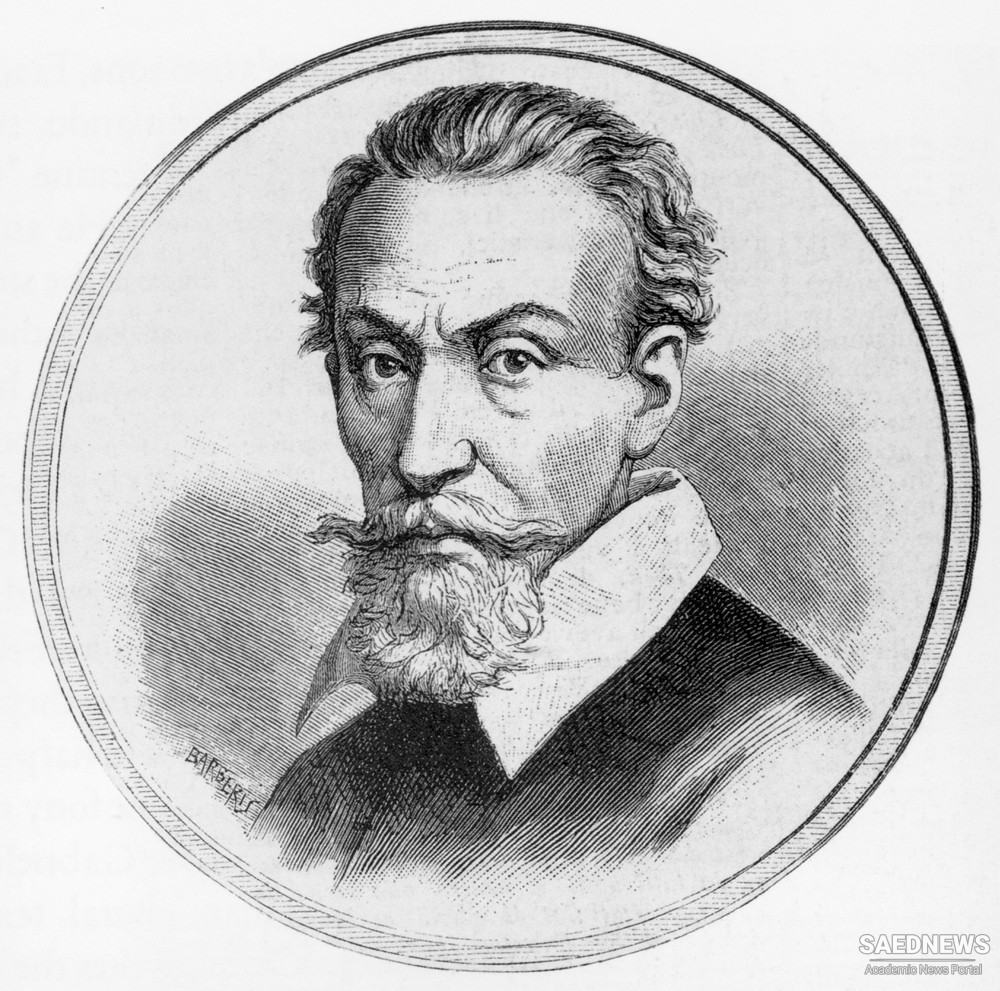The movement presently lost its local character and was transferred to Venice, where, through the genius of the mature and experienced musician Monteverdi it achieved a success that brought it before the whole musical world. Part of this was due to the readiness of Monteverdi to cast aside whatever was not serviceable for his im... mediate dramatic purpose, and part to the peculiar musical eminence of Venice. His series of dramas (1607-42) made the opera the most popular form of composition in Italy and started an interest that gradually spread everywhere. He stood forth I as an innovator in his disregard of the customary conjunct voice-writing so far as dramatic effect demanded sudden and even difficult leaps, in his vigorous pushing of the solo beyond the tame and timid limits of the early recititive to at least the stage of the arioso, in his sense of the value of a somewhat symmetrical phrase-plan, and in his experiments with instrumentation. Gradually his efforts incited imitation and further advance by other composers. They also led, in 1637, to the establishment in Venice of the first opera-house - the beginning of a long line elsewhere.
Monteverdi's fame spread speedily throughout Europe, and he must still be regarded as one of the formative geniuses of musical history. This fame was different from that of any of his great predecessors. They were invaluable students of the structural texture of composition as an end in itself, while he brought to the front the importance of so adapting musical procedure, even by revolutionary changes, to the utterance and delineation of every phase of warm emotion that it might become a many-sided rescript of life in all its intenser aspects. The old polyphony was apt for certain kinds of feeling only. The New Music now became at least the promise of a voice for many more, and for those closest to the popular heart.
Claudio Monteverdi (d. 1643) was born of humble parents atCremona in 1567, early showed musical aptitude? studied under Jngegneri1 became violist to the Duke of Mantua (where he was choirmaster from 1601), and began publishing canzonets and madrigals in 1583, showing sympathy with the newer features of composition. After at least thirty years' experience as player and composer, and after great success in 1607-8 with his first three dramatic works, in 1613 he was made choirmaster at St. Mark's in Venice, where he remained in honor till his death. For several years he was engrossed in sacred music, though continuing secular writing in small forms, but re�turned to the opera in 1627-30 and again in 1639-42 (after the opening of the first opera-house). Of his 12 dramas only 4 are extant, Or/eo (1607, text by Striggio), II ballo delt' ingrate (1608, dance-play, text by Rinuccini), II ritorno d' Ulisse (1641, text by Badoar, known in a form perhaps not authentic), and L' incoronaeione di PojJjJea (1642, text by Busenello). Of the most famous, Arianna (1618, text by Rinuccini), only a fragment remains.
Orfeo marks a great advance on previous experiments. The staple form is still the recitative, but it is more declamatory, with passages of sustained melody looking toward the later aria, and there are frequent choruses and instrumental numbers, a fanfare prelude and nlany ritornelli. The accompani�ments are diversified, including hints of novel effects and some interesting con�trasts between groups of instruments, but the parts are not usually written out - simply indicated by a figured bass. The orchestra was extraordinary - 2 harpsichords, 2 large lutes, 2 violins, 10 tenors, 2 viole di gamba, 2 bass viols, a double harp, 3 trumpets, 2 cornets, a clarion, a small flute and three portative organs. In the later works special effects appeared for the first time, like the tremo�lando and the pizzicato, and in the last there are dialogues, duets and a trio, besides many solos, but no chorus.


 Musical Experiments
Musical Experiments














































